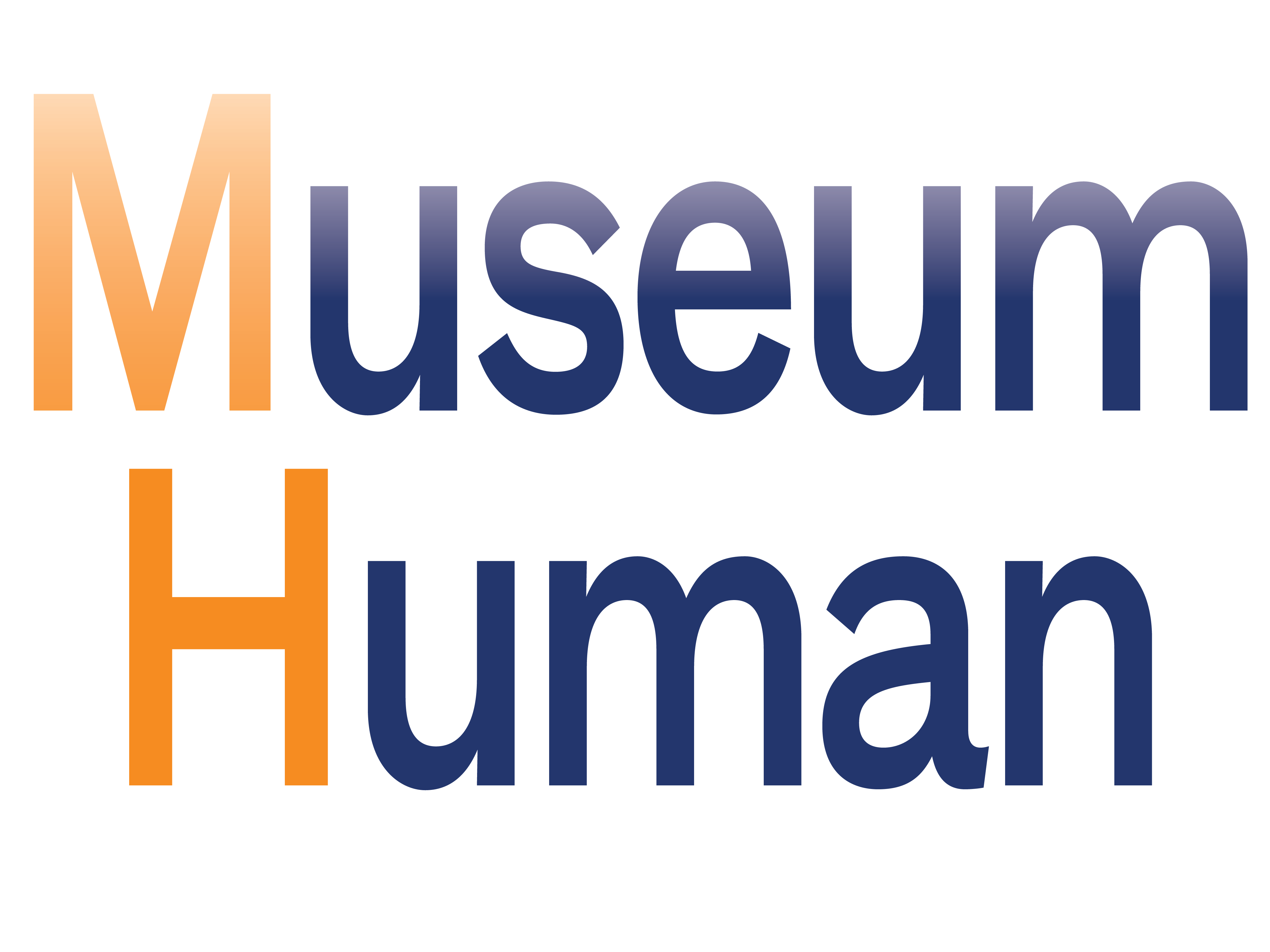It seemed pretty obvious even a few years ago that print books were dying or at least had entered an age of senescence, buffeted by a dysfunctional industry business model on one side and the near omnipresence of all-in-one mobile computers—aka smartphones—on the other. The print publishers who were still successful were relentlessly niche and heavily subsidized, or both; the strongest defenders of books were hipster nostalgists or coastal fetishists, or both. Like pristine natural habitats, books were nice, but just no longer realistic.
Then in 2015, print fought back.

Or, maybe print just got itself better PR.
The importance of the physical book got a nice writeup in The Millions. Even some of digital publishing's strongest advocates argued that a good publishing business model mixes both physical- and e-books. Medium added an excellent piece about "bookness." And the Washington Post wrote that the so-called digital natives preferred print books plenty of times. Legacy publishers, it was written, might even be taking advantage of better-late-then-never digital endeavors. (Well, it was a good year in print unless you're a magazine.)
But the crowning achievement in print's supposed turnaround was a widely-read New York Times article from September which claimed that e-book sales were slipping. The article was immediately (and, for the most part, logically) discredited (read here, here, and here), with the main counter-argument that the Times article was conflating decreased e-book sales from the largest publishers with the entire industry— an industry which, on its digital side, includes huge numbers of small and self-publishers who use Amazon and other portals for their sales. These went unreported. The Times' ignorance, it was said, only proved the cluelessness of the mainstream (in this case, print-nostalgic and -favoring) media.
an industry which, on its digital side, includes huge numbers of small and self-publishers who use Amazon and other portals for their sales. These went unreported. The Times' ignorance, it was said, only proved the cluelessness of the mainstream (in this case, print-nostalgic and -favoring) media.
And, yet, hope persists. Not necessarily of a drastic recovery in print sales—maybe sales will go up, maybe they won't—but in a détente, or even a third way (I'm talking about you, audio). Or, better yet, a publishing ecosystem that allows people to buy and use books in whatever format works for them at the time. Print and digital (and audio) are CHOICES. That is the power of the word. I love physical books, but our small New York apartment can only hold so many of them; a carry-on bag on a plane, far fewer.

What I predict for 2016 is that publishing, like many content industries, will struggle (it doesn't help that there are a plenty of wannabe writers but few as interesting in the print content business), searching for a model of profitability in a world where people say that they are willing to pay for quality but are just as likely to fork over next to nothing (not including their cell-phone and home tv and internet plans, which are utilities and not products) for a whole lot of content. Some big names will make a lot of money, many midlisters will publish something but need other jobs to survive, and a HUGE number of authors will get one or two things out there and make a teeny bit of money. Which, come to think of it, is supposedly why people are Uber-ing and Airbnb-ing. (Hello, sharing economy, it's me, content-purchaser-and-aspiring-creator.)
So, again, it comes down to the overloaded jungle of choice: for content consumers, what format you take your books (library patrons made their preferences increasingly clear in 2015), and for content creators, what business model makes you little or no money and brings you endless work and joy and dissatisfaction. To end, one of my favorite quotes, from "Ben-Hur": "It goes on. The race … the race … is not … over!" Of course, the character who said it then died, after having sent two innocent people to the Valley of the Lepers … oh, never mind.
 Look for them … in your content library [dies].
Look for them … in your content library [dies].






